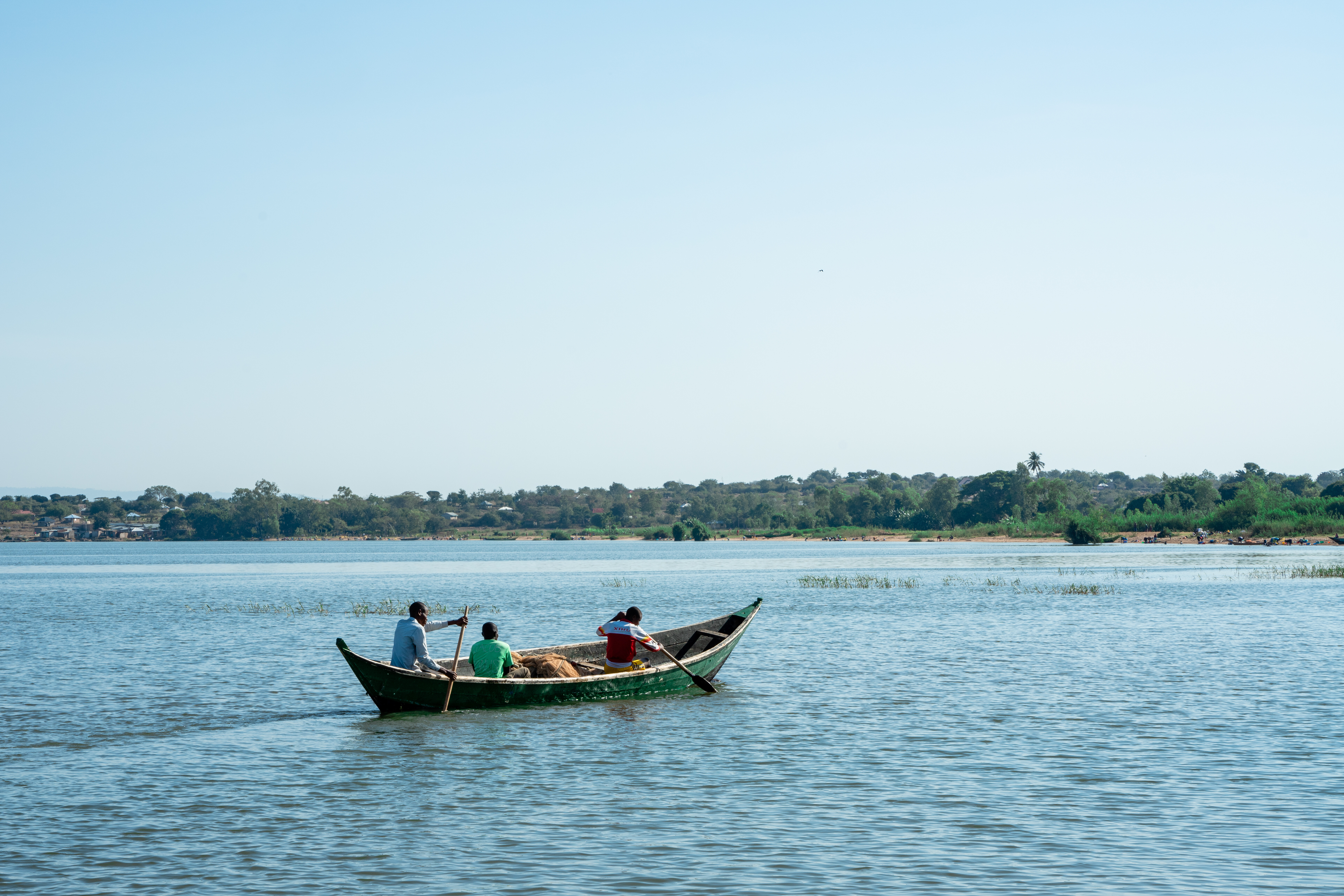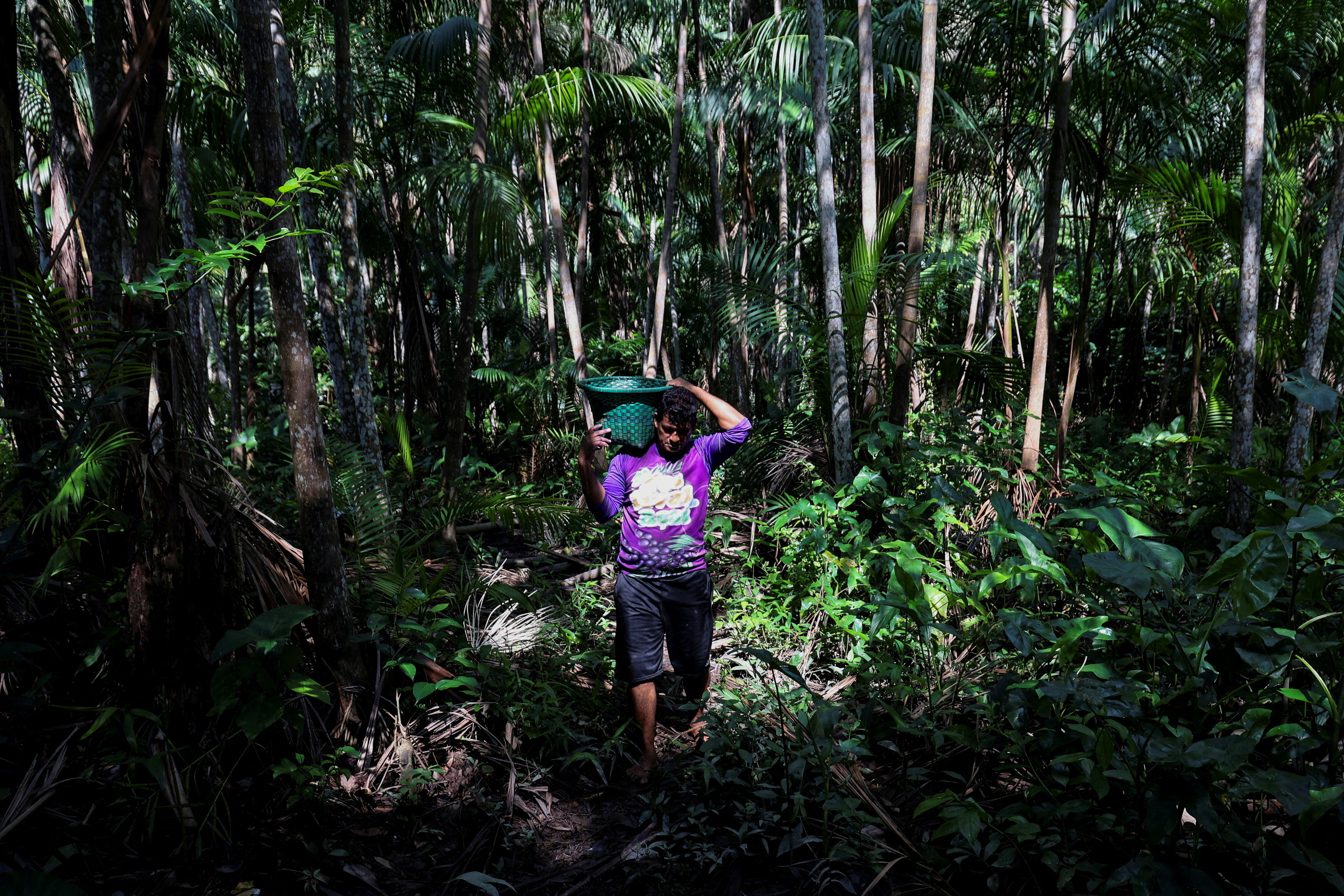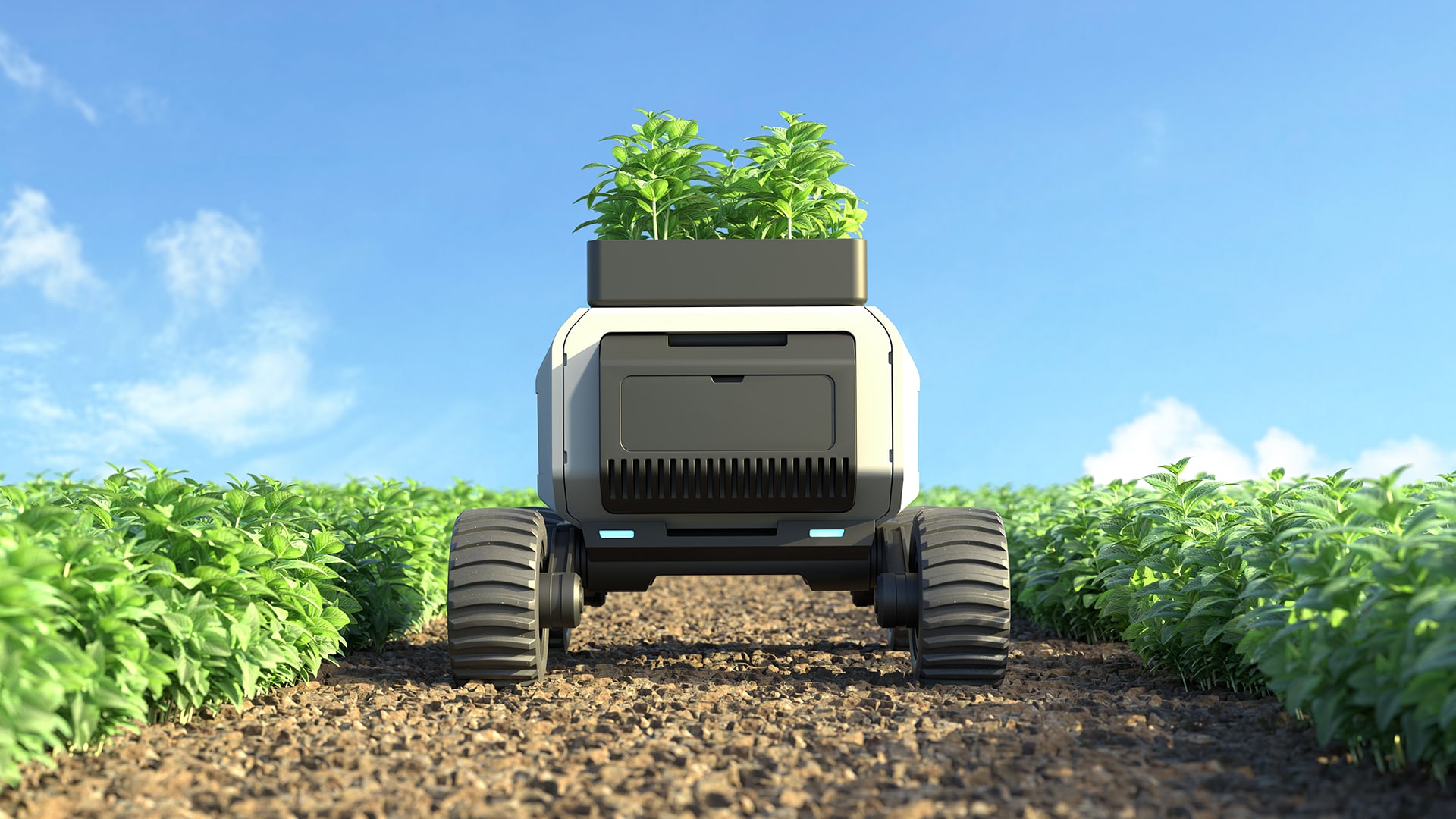This Swedish burger chain offers an entirely climate positive menu

Max burger chain wants other companies to follow it's lead in fighting climate change Image: REUTERS/Thomas White/Illustration
Swedish burger chain 'Max Burgers' is making its entire menu climate positive by tracing the greenhouse emissions of its 130 restaurants, and then compensating for them through various carbon offsetting initiatives, the company has announced.
"We are the first restaurant and business in the world to launch a menu where all the products are climate positive. That's our way to give back to the planet", Max Burgers CEO Richard Bergfors said to Business Insider.
Max Burgers was founded in the summer of 1968 as a small family business in Gällivare, in the north of Sweden. The chain has challenged McDonald's through local appeal, non-frozen meat, and since 2016, a menu consisting of vegan and vegetarian options. Besides Sweden, Max operates in Norway, Denmark, Poland and the United Arab Emirates.
Max Burgers is counting and offsetting its CO2 emissions
Starting June 14, the company's 50th anniversary, Max Burgers will be offsetting its climate effects through a climate analysis that takes into account everything from farmers' soil to suppliers to the food that ends up on a customer's plate. Even the staff's and guests' trips to and from the restaurants are part of the company's climate ledger.
The idea is to offset 100% of greenhouse gases emitted in Max operations, through measures such as relying on wind power, recycling frying oil and shifting the menu to more vegan options with less impact on the environment.
Max Burgers said it will also absorb an additional 10% through tree-planting initiatives (certified by Plan Vivo), something it's already been doing for the past decade.
So effectively, each time a Max customer takes a bite out of their burger, they are contributing to reducing greenhouse gases, the company said.
"Sustainability has always been at the core of our business, but instead of merely compensating, we are now overcompensating," Richard Bergfors said.
Max Burgers uses the ISO 14021 standard as the basis for its climate analysis, which has been audited and approved by Ernst & Young.
"It's the most comprehensive climate analysis that can be done today," said Bergfors.
Max Burgers hasn't specified exactly how it intends to report its climate neutrality to the public.
Max Burgers operates in five countries and turned over around $300 million in 2016. Pictured, Richard and Christoffer Bergfors. Max Burgers
Headed by Richard Bergfors and his brother Christoffer — sons of Max founder Curt Bergfors — the burger chain is now aiming to set a global benchmark for climate action.
"The climate threat is one of the greatest challenges for humanity. People and companies must help out. We recognize that we are part of the problem, and together with our guests, we are now a part of the solution. We aim to set a good example for other companies as well." said Richard Bergfors.
Christoffer Bergfors, deputy CEO of Max, said that to meet UN's Sustainable Development Goal of capping global warming at 2 degrees celsius, companies need to do more than merely compensate for their emissions: "What has already been emitted needs to be cleaned up as well."
Another part of Max Burger's climate initiative is clipop.org, a website the chain launched jointly with New Zealand-based car sharing service MEVO. The website collects all manner of climate positive products and services for consumers to discover.
Will the climate positive menu differ from the current one in any tangible way?
Richard Bergfors: "The menu will stay the same, but we will be adding more vegan and vegetarian options, as it has shown to be quite popular amongst our consumers."
Today, there's a higher demand for meat-free options. What does that mean for the future of the hamburger?
"Originally, our name was 'Max Hamburgers' and earlier this year we decided to remove the 'ham' part. Our vision of a burger is that it can be anything, whether it's meat or other ingredients. It could be fish, chicken, vegetarian or vegan. We believe in that trend. In the future, I think people will continue to eat meat. However, I think it will decrease, and people who choose meat will probably do so with regard to quality and origin."
If you are among the first burger chains in the in the world to do this, why do you think that is?
"I think we are in the forefront of these issues in Sweden. It's spreading slowly in the US, especially on the West Coast, where vegan and vegetarian food options are becoming increasingly popular. The lack of good alternatives is a huge issue, and that's why they need to be presented in a wider range."
Don't miss any update on this topic
Create a free account and access your personalized content collection with our latest publications and analyses.
License and Republishing
World Economic Forum articles may be republished in accordance with the Creative Commons Attribution-NonCommercial-NoDerivatives 4.0 International Public License, and in accordance with our Terms of Use.
The views expressed in this article are those of the author alone and not the World Economic Forum.
Stay up to date:
Food Security
Forum Stories newsletter
Bringing you weekly curated insights and analysis on the global issues that matter.








